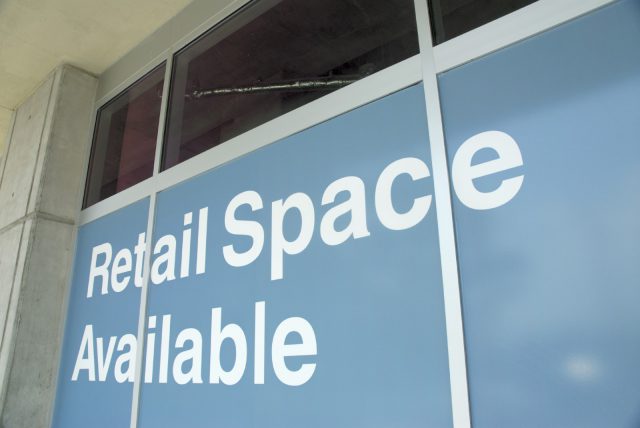‘Unhealthy’ urban areas named and shamed
A recent investigation has found that urban areas in the North and the Midlands are most likely to include a larger number of businesses that could cause harm to public health.
The report, commissioned by the Royal Society for Public Health (RSPH), includes a league table ranking 70 towns and cities against the proportion of businesses that either support or harm the public’s wellbeing.
Health on the High Street
Rankings such as this are part of the RSPH’s ongoing Health on the High Street campaign, which seeks to make Britain’s high street healthier. The RSPH are trying to encourage businesses to carry out measures that would improve this and are also lobbying for more powers to be given to local authorities in licensing and planning areas.
After consultation with public and industry experts, the Society has classed bookmakers, payday lenders and fast food outlets as having the most negative effect on health. On the other hand, pharmacies, leisure centres and health services were found to have the most positive impact.
Rankings
The rankings in the report were configured after businesses were scored by over 2,000 people, consisting of the general public and experts. Scores were given for the extent businesses promoted healthy choices, encouraged social interaction and gave access to health advice.
Top ten results for both positive and negative areas are outlined below:
Places with the healthiest retail regions
- Shrewsbury
- Ayr
- Salisbury
- Perth
- Hereford
- Carlisle
- Cambridge
- Cheltenham
- York
- Bristol
Places with the unhealthiest retail regions
- Preston
- Middlesbrough
- Coventry
- Blackpool
- Northampton
- Wolverhampton
- Grimsby
- Huddersfield
- Stoke on Trent
- Eastbourne[1]
Calls for change
As part of their ongoing campaign, the RSPH is calling on the next Government to adhere to a number of rules, in order to make the high street more-healthy. These include:
*Local authorities given the power to prevent the saturation of the market for betting shops, payday lenders and fast-food shops
*Making public health criteria a mandatory condition of licensing for all business types
*Compulsory hygiene ratings, calorie and nutritional information for all fast-foodoutlets
*A limit of just 5% for each business to give choice on the high street
*New legislation that enables local councils to set their own business rates to promote healthier outlets and eradicate those that are harmful to health
Unhealthy Busines
Chief Executive of the Royal Society for Public Health Shirley Cramer, was concerned that the findings of the report highlighted a growing number of unhealthy outlets. Cramer said that, ‘while our ranking of towns and cities is by no means a reflection on whether these areas are generally healthy or unhealthy, our research does find higher concentrations of unhealthy businesses exist.’[1]
Cramer is concerned that these businesses are prevalent, ‘in places which already experience high levels of deprivation and premature mortality.’ She said that the RSPH, ‘recognise that businesses investing in High Streets are important for local economies; but this shouldn’t be at any price.’[1]
Dr Janet Atherton, President of the Association of Directors of Public Health, said that their own research, ‘shows empowering local authorities to control the total availability of alcohol, gambling and fast food on the high street is a top 10 priority for 91% of Directors of Public Health.’ Atherton urged the Government to, ‘implement legislative changes,’ and to, ‘bring about these necessary changes to help protect public health.’[1]
[1] https://www.rsph.org.uk/en/about-us/latest-news/press-releases/press-release1.cfm/pid/792B0BEF-F0FF-4349-B34BB5E5041A2D17
